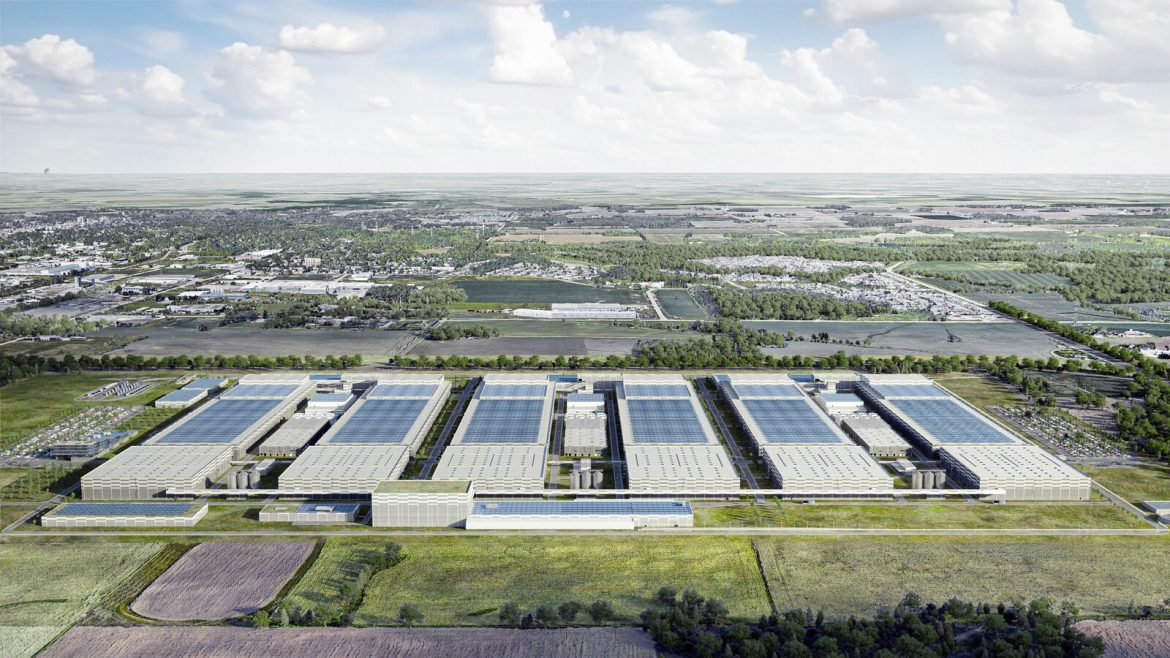Volkswagen and the powerful IG Metall labour union are locked in intense, marathon negotiations aimed at resolving a critical impasse over potential mass redundancies and plant closures, with discussions extending through the night and into Wednesday.
The ongoing negotiations, which commenced on Monday, represent a pivotal moment for the automotive manufacturer, marking what many industry observers describe as the most significant crisis facing the company in recent years. Both parties are striving to reach a comprehensive agreement before the Christmas period, with substantial implications for thousands of employees.
Sources close to the negotiations emphasised the delicate and uncertain nature of the talks, highlighting that no guarantee exists of a successful resolution. The discussions have developed into a complex standoff, with labour unions steadfastly opposing plant closures while Volkswagen maintains a position of not explicitly ruling out such measures.
IG Metall, Germany’s influential metalworkers’ union, has expressed a strong desire to secure an agreement this week, motivated by a desire to provide workers with certainty and stability during the holiday season. The union has simultaneously issued a strategic warning, indicating potential escalation of industrial action in the new year should negotiations fail to produce a satisfactory outcome.
The negotiations reflect broader challenges confronting the automotive industry, which is experiencing unprecedented transformation driven by electrification, technological innovation, and shifting global market dynamics. Volkswagen, like many traditional automotive manufacturers, is grappling with the need to restructure operations to remain competitive in an increasingly complex global marketplace.
The potential job cuts and plant closures under discussion represent a significant strategic repositioning for Volkswagen. The company is likely seeking to streamline its operations, reduce costs, and realign its manufacturing capabilities to better compete in the rapidly evolving electric vehicle market.
Labour unions are playing a critical role in protecting workers’ interests during this transition. Their resistance to wholesale plant closures stems from concerns about job security, regional economic impacts, and the potential social consequences of large-scale redundancies.
The timing of these negotiations is particularly sensitive. With Christmas approaching, the psychological and economic stakes for workers are heightened. IG Metall’s strategic approach of seeking resolution before the holiday period reflects an understanding of the human dimension of these corporate restructuring efforts.
Volkswagen’s reluctance to definitively rule out plant closures suggests the company is maintaining flexibility in its strategic planning. This approach indicates the complex challenges of balancing corporate restructuring requirements with social responsibility and workforce stability.
The automotive industry is witnessing unprecedented change, driven by technological advancement, environmental considerations, and shifting consumer preferences. Volkswagen’s current negotiations represent a microcosm of the broader industrial transformation occurring globally.



